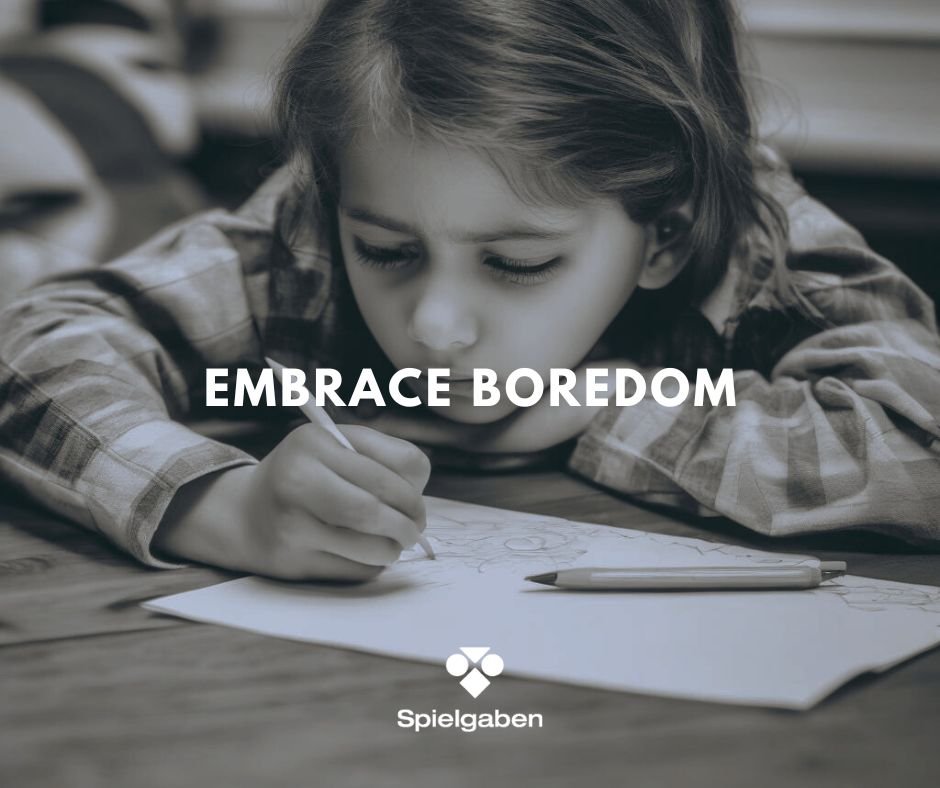Modern Study Techniques for Today’s Parents
What does classical composer Bach have to do with my child’s study?
Surprisingly, music—and specifically, the melodies of Johann Sebastian Bach—can play a significant role in enhancing your child’s learning abilities. Let’s explore how you can make study time efficient for your child with music and other sensory techniques.
The Sound of Success: Music and Learning
Numerous studies have shown a strong relationship between music, mood, and learning. Certain types of music can significantly influence our ability to learn, with Baroque music, like that of Bach, particularly effective. Baroque pieces often have a tempo of 50 to 80 beats per minute. This rhythm promotes focus, activates different brain faculties, and can create a calm and productive study environment for your child.
Consider creating a “study playlist” with your child. Explore pieces by Bach and other Baroque composers together, and see which ones help your child feel more focused.
Incorporating such music into study sessions might just give your child the tools needed for enhanced concentration.
A Whiff of Knowledge: Smell and Memory
Beyond auditory stimulation, olfactory senses can also boost your child’s studying skills. Smells are closely tied to memory recall. Think about how the fragrance of freshly baked cookies might transport you back to a chiildhood kitchen, full of warmth and comfort. Similarly, specific scents can help your child trigger recall of the material they studied.
Try rubbing a bit of essential oil on your child’s wrist while they study. It could be lavender for relaxation or lemon for a refreshing burst of alertness. Applying this same scent before a test or presentation may aid their memory retrieval, a concept rooted in the association of smell with learned material.
Sensory Learning Techniques: A Multi-Sensory Approach
Harness the power of Sensory Learning Techniques to engage multiple senses during your child’s study sessions. Whether it’s touch, sound, or smell, these sensory cues can help cement knowledge more effectively than traditional study methods alone.
Introduce tactile learning tools or sensory prompts like textured flashcards or scented markers to keep things engaging and memorable.
Primacy and Recency (PAR): Anchoring Memory in Learning Sessions
One effective strategy is leveraging the Primacy and Recency Effect, or PAR. The principle suggests that we remember the first and last parts of any learning session more distinctly. Encourage your child to tackle important materials at the beginning and revisit them at the end of each study session. This structure ensures crucial information is more securely stored in their memory.
Mastering Focus: The Pomodoro Technique
The Pomodoro Technique complements PAR beautifully by dividing study time into manageable chunks. Each 25-minute session, or Pomodoro, is followed by a 5-minute break, helping to maintain your child’s focus and prevent burnout. This method breaks the daunting task of studying into smaller, achievable goals, making it much more digestible for young learners.
To make it a family affair, you could even set Pomodoro sessions together for homework time, intertwining productivity with some healthy competition or teamwork.
Regular Recall (RR): Rechecking Understanding
To bolster retention, integrate Regular Recall (RR) into study sessions. This method encourages your child to actively pause during studying to reflect on the material without looking at notes or books. After a session, ask them to write down or explain what they learned, reinforcing newly acquired knowledge and highlighting areas that might need more attention.
Interval Repetition (IR): Enhancing Long-Term Memory
Interval Repetition is another key technique to deepen your child’s learning by regularly revisiting material. Spaced revisiting can transform shaky understanding into solid recall. Perhaps your child reviews their notes in the morning and goes over them again in the evening. This routine helps engrain knowledge, making it easier to retrieve when needed.
Putting It All Together
By applying these strategies, you can help your child maximize their learning potential, develop a robust memory, and make studying a more rewarding experience. From listening to Bach to utilizing the Pomodoro Technique, these approaches aim to make study time both efficient and enjoyable.
Encourage your child to be proactive in planning their study sessions with these methods in mind, ultimately allowing them to achieve their academic goals more effectively and with less stress. Remember, these techniques are not just about increasing knowledge—they’re about nurturing a well-rounded approach to learning that your child can carry with them into any future endeavor.
With your support and implementation of these innovative study techniques, your child can transform daunting study tasks into manageable, even enjoyable, learning experiences, poised for both immediate success and lifelong educational benefits.













LEAVE A COMMENT